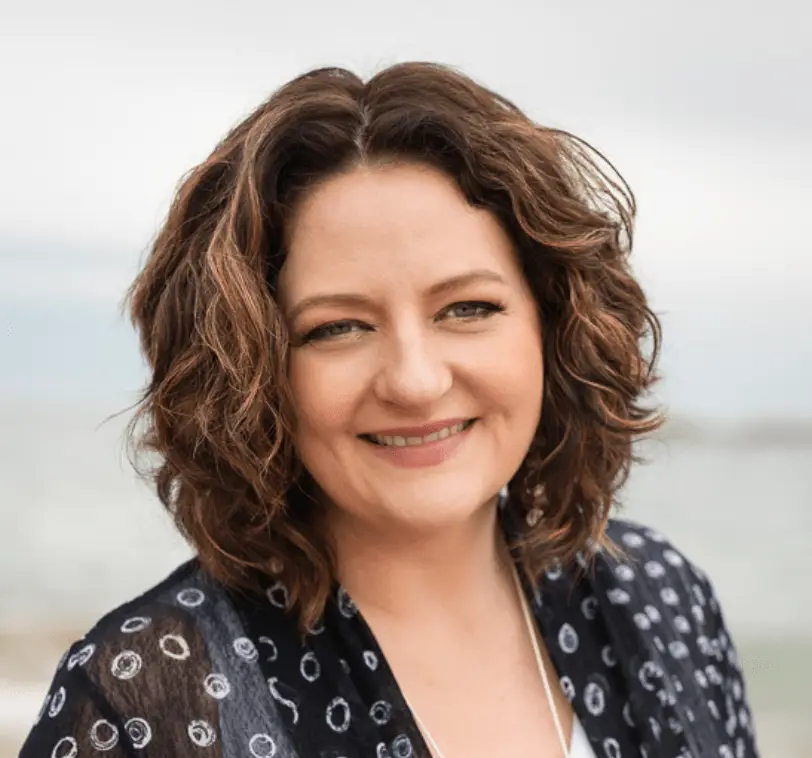Go from reacting in the moment to creating lasting change.
Join us for the free Behavior SOS Summit.
Turn daily battles into breakthroughs. Join 26 experts over 4 free days for practical tools and a framework to decode behavior and create more peace at home and school — without shame, blame, or quick fixes. This Summit is where overwhelm softens, clarity rises, and everything starts to shift.
Oct. 10-13, 2025








I'm in tears. This was exactly what I needed to hear today. Thank you so much
Loved this podcast episode. really resignated with me. I have a 14yr old with Autism and ADHD and we are going through some interesting times right now (sarcasm) and this podcast really helped me to understand how to push him more towards independance